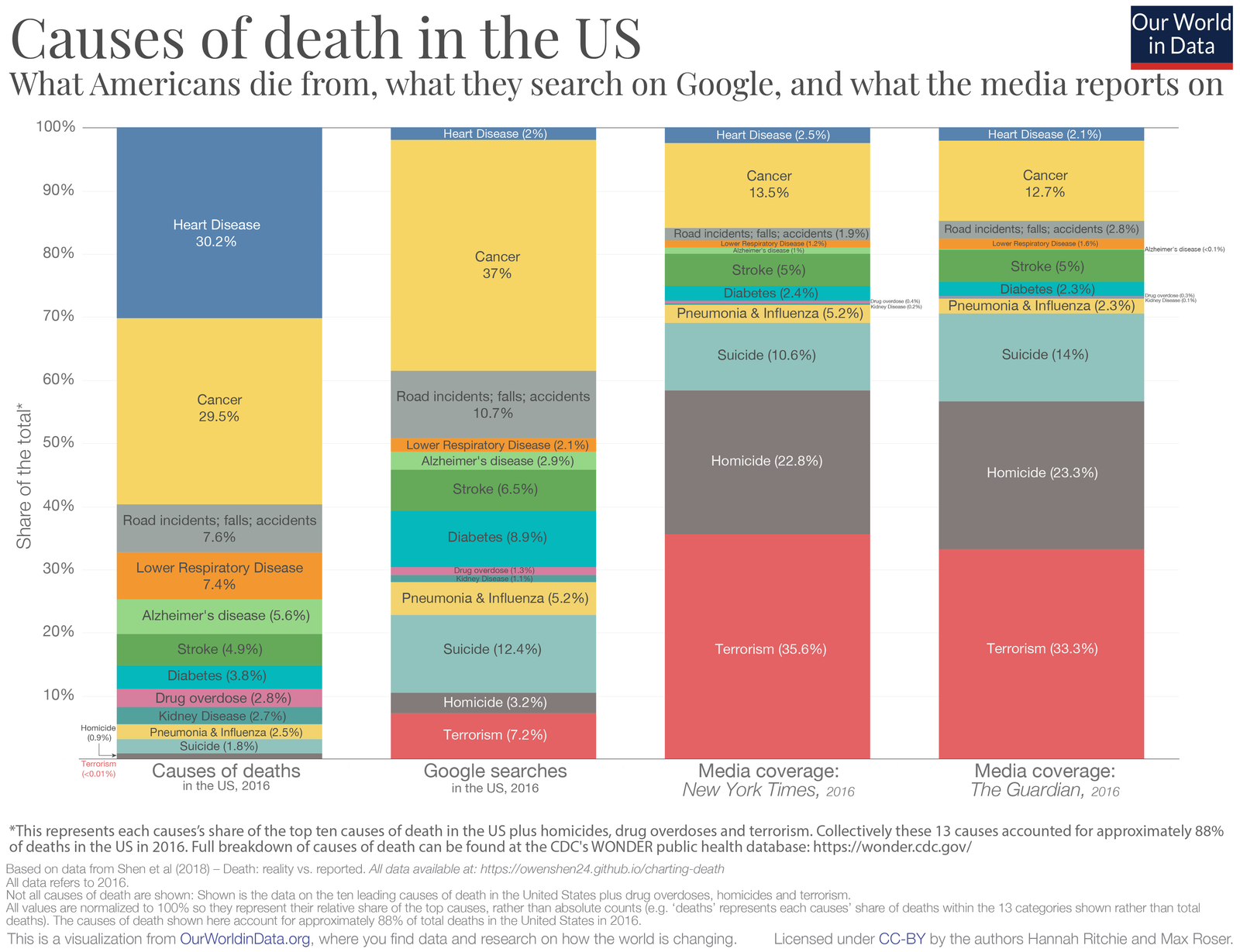3 dimensions of power in the Sharing Economy – Yochai Benkler
Yochai Benkler brings up three dimensions of power that has the capacity to undermine the Commons and cooperative efforts. (These are my notes, not Benkler’s words, based on his speech.)
3 dimensions of power that has the capacity to undermine the Commons and cooperative efforts
- The Power of Hierarchy – concerned with positioning and the power within an organization to be controlling. Clashes with efforts to build a bossless organization and participatory governance.
- The Power of Property – property as an organizational force for oligarchy, of the recreation of power for ownership. Undermines cooperativism. Commoners accept individual property and try to redistribute it.
- The Tyranny of the Margin – the need to compete in the market, to increase economic margins. A context where you have to compete and survive and deliver returns on investment. This postpones the ethical commitment. Entreprenuers with an ethical commitment vs investors raising money.
Commitment to the commons is central to the ability to negotiate and reverse these three powers. It has happened in the Free and Open software movement, building Wikipedia, the free culture movement and in citizen journalism – core parts of the industrial information and cultural economy that has turned into the social production economy.
you are producing something that has value, and in the process of giving you the ability to do it, the company is capturing the value in a way that doesn’t respect what you brought in to it — which is your social relations, your sense of identity and privacy
Zipcar, Uber and the Blockchain are examples of systems vulnerable to these powers.
Zipcar
Zipcar turned into Avis because they were committed to the lowering of greenhouse gases but not to the commons of property, not committed to reverse the structure of hierarchy and how to manage the organization and they were not committed to the commons based model that resists the tyranny of the margin.
Uber
- Uses algorithms to control drivers (enables reemergence of hierarchy).
- Uses power of property to extract rents from drivers to maximize return to investors.
- Designed to force potential competitors to the margin.
Uber rides on a brutal hierarchy. Financiers are at the top, then investors and directors, then engineers and managers, then drivers and riders, and finally everyone else, those people known as “externalities”.
Uber doesn’t pay for the cars, maps, driver’s licenses, roads, or the health insurance plans of their drivers. Yet they can build a thin layer of software on top of all that value and use it to hoover as much wealth as possible towards the top of the pyramid.
Uber combines the efficiency of high technology with the leverage of high finance to strangle one marketplace after another. The global ecosystem of cooperative taxi companies is rapidly being replaced by a monoculture of precarious independent contractors. If they have an ethical commitment, it is delayed so far as to be invisible.
Building a Commons- based society means designing for resilience to these 3 dimensions of power.
Bitcoin and the Blockchain
The focus in the Bitcoin community is on Decentralization of Technology which is not enough to build a commons. It ignores that organizational re-concentration can happen at a higher level. You have to integrate resilience for all 3 dimensions of power. The Blockchain can be co-opted by changing the conceptual model around the technology towards a concentration of power, for example by building a hierarchy to manage the Blockchain infrastructure or by building Blockchain- based tools that assume competition to function.
How to Design for the Commons
The Commons- based Society thrives when we build tools that
- add to the commons
- organize in a distributed fashion
- share ownership
We see examples of this in
- Free and Open software
- Wikipedia
- the Free Culture movement
- Citizen Journalism
Communicate Community
To establish the Commons as a Socitey we also need to focus our communications efforts on these issues, on the cooperative perspectives, on communal benefits, on building community and the power of re- use and remixing.
Update (2019-09-02)
What to do once you admit that decentralizing everything never seems to work




1 Response
[…] unused capacities and reducing the number of cars on the road. Instead of a peer-to-peer platform, Benkler mentioned that Uber uses a hierarchy and increasing rents to maximise returns for its […]